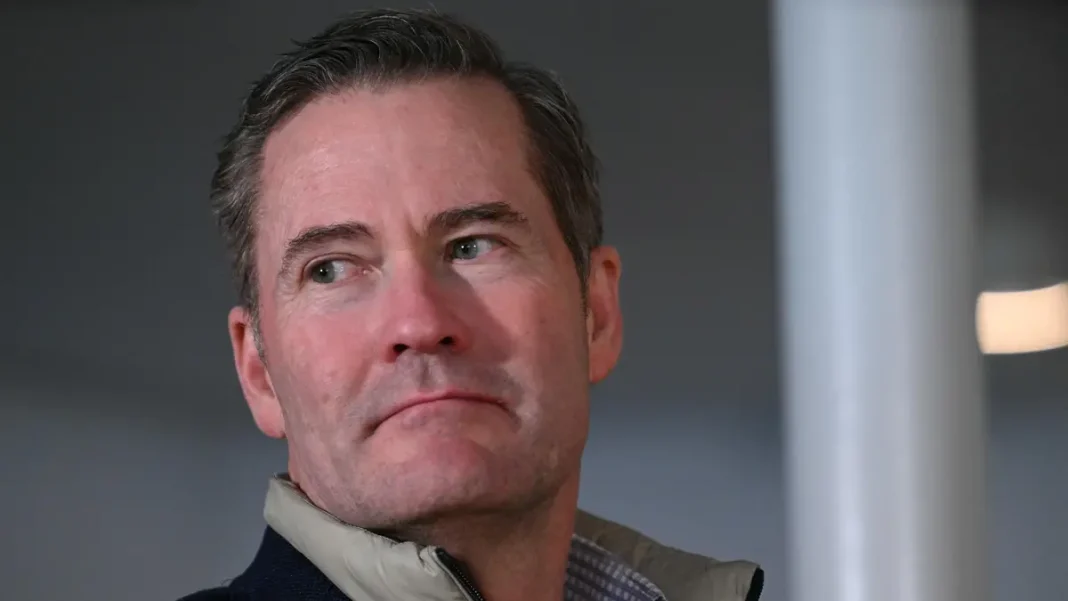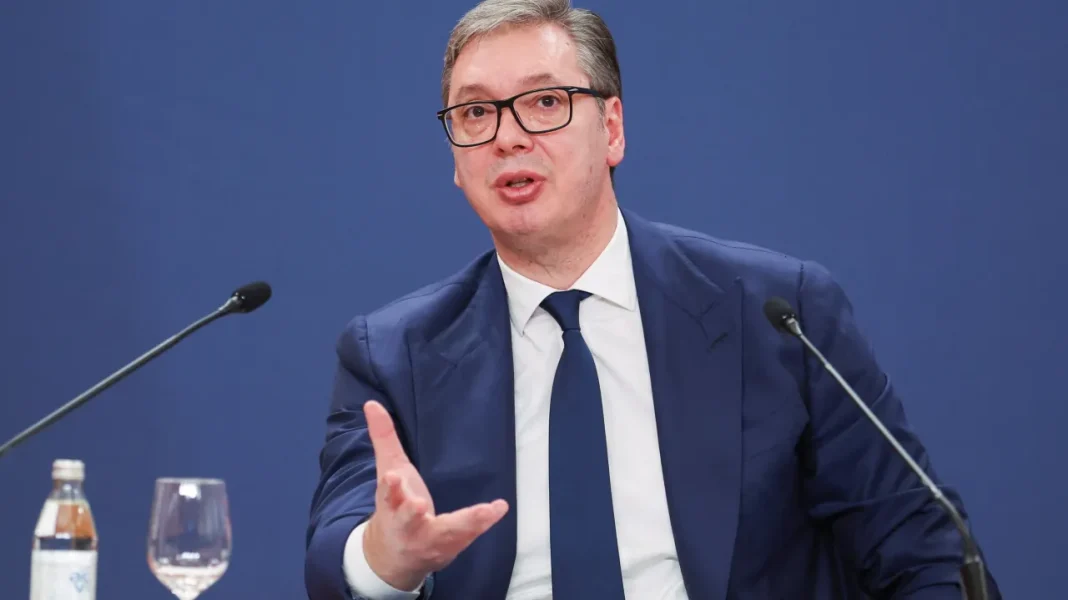Recent revelations have emerged concerning the United States’ diplomatic engagements with Russia, following admissions by the U.S. Ambassador to the United Nations. The ambassador acknowledged offering generous terms to Russia in ongoing international negotiations, stirring discussions across global political spheres.
Background on Diplomatic Communications

The U.S. Ambassador to the United Nations recently admitted to proposing favorable terms to Russia in a bid to address contentious global issues. This disclosure highlights the ongoing complexity in U.S.-Russia relations, where diplomatic strategy must balance offers with strict national interests and global stability. The nature of these terms remains closely guarded, but they reportedly aim to deescalate tensions and open new channels for diplomatic dialogue.
The ambassador’s revelation points to the broader framework under which the U.S. interacts with Russia, particularly amid controversial matters such as arms control and cyber security. It underscores a persistent effort by the U.S. to engage Russia in constructive dialogues, despite frequent setbacks in building trust and collaboration.
Rising Global Reactions

The acknowledgment has sparked varied reactions from international allies and geopolitical analysts. Some praise the ambassador’s approach as a pragmatic move, necessary for preventing further diplomatic isolation between the two nations. Meanwhile, others raise concerns about potential concessions that might undermine existing alliances or overlook Russia’s contentious actions in various regions.
European leaders, in particular, have shown a keen interest in the details of these negotiations, given their geographical and political proximity to Russia. The European Union may play a mediating role, ensuring that any agreements align with broader international interests.
Implications for U.S. Domestic Policy

Domestically, the ambassador’s admission may impact U.S. political discourse, as it has the potential to influence upcoming policy debates. American lawmakers may call for more transparency and oversight into how such diplomatic propositions are crafted and the criteria underpinning their approval. This development could also become a critical talking point for political campaigns and policy platforms.
Moreover, this situation could catalyze discussions within Congress regarding the U.S.’s long-term strategy in dealing with countries like Russia, especially in maintaining a balance between diplomacy and deterrence in matters of national security.
Future Prospects for U.S.-Russia Relations

Looking ahead, the admission by the U.S. ambassador may signal a shift towards a more negotiation-centric foreign policy with Russia. It could pave the way for a new era of dialogue, potentially leading to agreements on arms reduction, cyber security collaboration, and other pivotal issues.
The international community will be watching closely to see whether this strategy results in tangible progress or if it requires recalibration. As these diplomatic efforts unfold, their outcomes will inevitably contribute to the ongoing narrative of global diplomacy and U.S.-Russia relations in particular.
In conclusion, the ambassador’s candid admission reflects the intricate dance of diplomacy, where offers and negotiations are instrumental to confronting complex international challenges.
Source: Official United Nations website.





